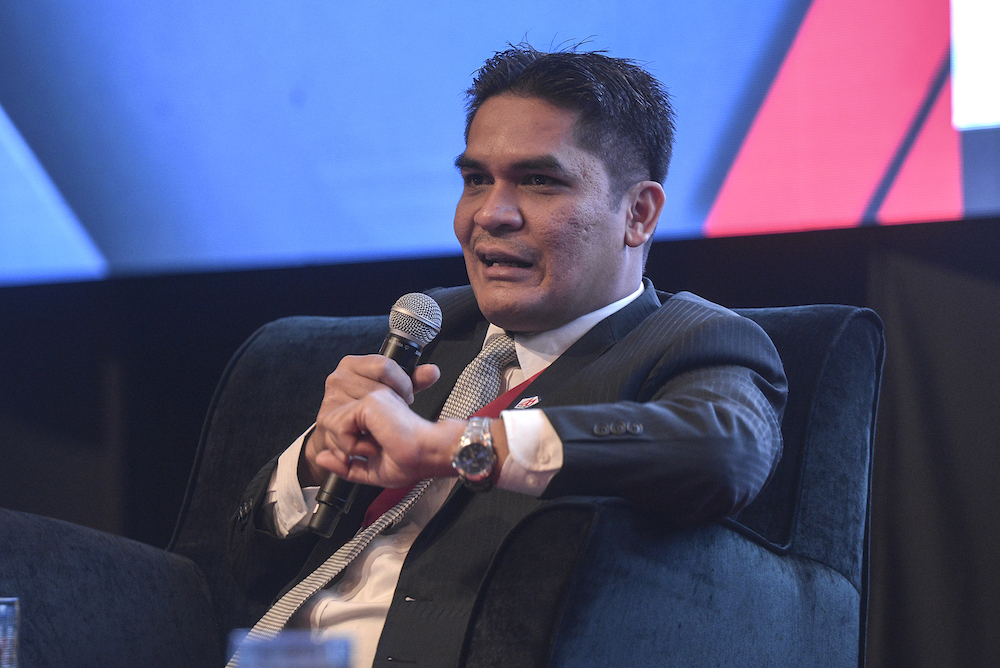KUALA LUMPUR, Aug 29 — The government is aware of the widening income gap between classes in the country and in the midst of addressing the issue, said Deputy Economic Affairs Minister Senator Dr Mohd Radzi Md Jidin.
He said the data simply showed the gap between income classes and between the rich and the poor is getting bigger and bigger, hence the need to address issue of poverty.
“We realised, we recognised this and we are taking action to address this,” he said at the National Economic Forum 2019 here today.
Radzi said more than 40 per cent of Malaysia’s gross domestic product is contributed by Kuala Lumpur and Selangor.
“We are not saying this is not good but we want the distribution to be equitable. We want all Malaysians to feel the growth from Perlis up to Sabah,” he said.
He said under mid-term review of the 11th Malaysia Plan, six states, namely Sarawak, Sabah, Kedah, Perlis, Kelantan, and Terengganu, have been identified for allocations to narrow the development gap.
On the recently-launched “Shared Prosperity Vision 2030”, he said it was anchored two objectives, namely to close the income classes gap between ethnic groups, territories or regions and supply chains; and to restructure the economy.
“In order for us to share the prosperity, the economy needs to continue to grow. Otherwise, what can we share? Hence, the second objective is to restructure the economy.
“And the third objective, once you managed to close the gap between all groups and restructure the economy, then the focus will be on nation building, where our aim is to create a united Malaysia, where everyone can get together and we can be the of axis of Asia by 2030,” he said.
Earlier in this speech, Radzi said the private sector should work hand in glove with the government to reduce wealth inequities.
Apart from enhancing core sectors like electrical and electronics, machinery and equipment, and oil and gas, the government will also focus on new key economic growth areas for the next five years.
“As we strive to further strengthen our manufacturing and services sectors which are already contributing the lion’s share of the economy at 79.1 per cent, we must also heed the call by Prime Minister Tun Dr Mahathir Mohamad to transform the agriculture sector, which currently supports 10.6 per cent of employment.
“Much value waits to be unlocked in this sector. Among the strategies the government will undertake is the amalgamation of smaller parcels of lands to generate economies of scale for agricultural activities, as well as meeting industry demands for cash crops,” he added.
He said Malaysia’s food import bill for 2018 stood at RM50.2 billion and the country’s spent RM8.4 billion importing fruits and vegetables like chilies, mushrooms, coconuts, mangos and bananas, all of which could be planted in Malaysia.
“As we transform the agriculture sector, we are able to reduce our reliance on foreign food import and increase food security.
“Again, we need to explore further ways of forging closer public-private sector collaboration in this area,” he said. — Bernama



















